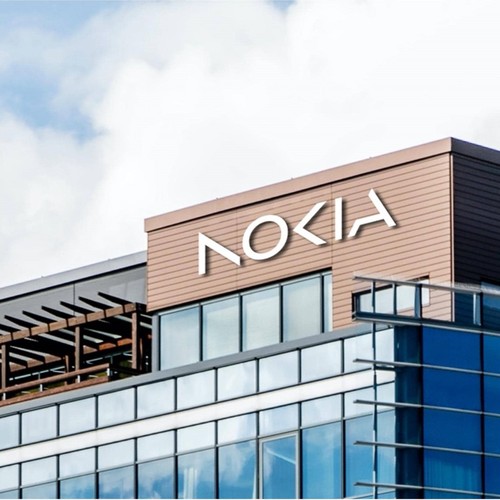Competition will be kicking itself over Red Hat deal, says Nokia cloud expert
Nokia's Fran Heeran hails Red Hat tie-up as a smart, pioneering industry move.

"It was a very, very smart move on our part. Our competition is probably privately kicking itself it didn't think of it before we did."
So said Fran Heeran, Nokia's general manager of core networks, cloud and network services, when Light Reading caught up with him to talk about the Finnish supplier's tie-up with Red Hat, announced last week.
Why the confidence? "[The partnership] is a reaction to the way the market is going," asserts Heeran. "Our CSP [communications service provider] customers have been telling us they want more choice and openness. More and more CSPs are making separate buying decisions on cloud infra and applications."
Starting from the end of this year or early 2024, CSPs asking Nokia for a full stack of mobile packet core cloud-native functions running on top of a container platform will get Red Hat's "best of breed" (Heeran's words) underlying cloud infra.
Heeran concedes that Nokia Container Services (NCS) were not good at supporting apps from other vendors.
"We've been very open and very deliberate for a couple of years now that our cloud infrastructure offering was really [only] designed for our applications," he says. "We were not in the market of selling a general-purpose horizontal cloud, hosting multiple applications from multiple vendors."
The Nokia man was quick to point out, as he did on last week's call with reporters and analysts that there'd be no vendor lock-in. Nokia's apps, he stressed, will work with the big three hyperscalers: AWS, Google Cloud and Microsoft Azure. And if CSPs want NCS, that too will still be available.
"We're essentially providing extensive long-term ongoing development and support for our own portfolio with Red Hat," Heeran adds. "They'll have the development team, but it will be us driving it". As part of the deal about 350 Nokia employees will be transferred to Red Hat.
"In the next five, six and seven years this market will fundamentally change. If we don't start planning for that, we'll have a challenge further downstream," says Heeran. "We're positioning ourselves to be truly multicloud."
Contained excitement
Should Nokia's competition in the provision of mobile packet core network functions, the likes of Ericsson and Huawei, be quaking in their container boots as Heeran suggests?
Inderpreet Kaur, senior analyst and telco cloud specialist at Omdia, a Light Reading sister company, does not go that far, although she doesn't rule out similar partnerships emerging as a way to combat growing industry fragmentation. From an operator's perspective, Kaur says a consistent cloud platform that can run network functions from different vendors makes more sense.
"Nokia and Red Hat will aim to deliver a simplified horizontal cloud infrastructure for telcos," she continues, "but there are implications for Nokia as there might be customers preferring VMWare or Wind River or even public cloud providers at the CaaS [container-as-a-service] layer. From that perspective, would this be the first of a few more announcements to come?"
Predicting how the market will develop, and picking winners and losers, is far from easy though.
"A common horizontal platform from Red Hat might make it an extremely dominant provider of CaaS to the extent that it starts to charge premium pricing," speculates Kaur. "In that case, customers might find the full stack [network functions plus cloud software] from Ericsson and Huawei more appealing. However, competition from VMware, Wind River and so on means Red Hat is unlikely to raise prices too high."
Related posts:
— Ken Wieland, Contributing Editor, special to Light Reading
Read more about:
EuropeAbout the Author(s)
You May Also Like












